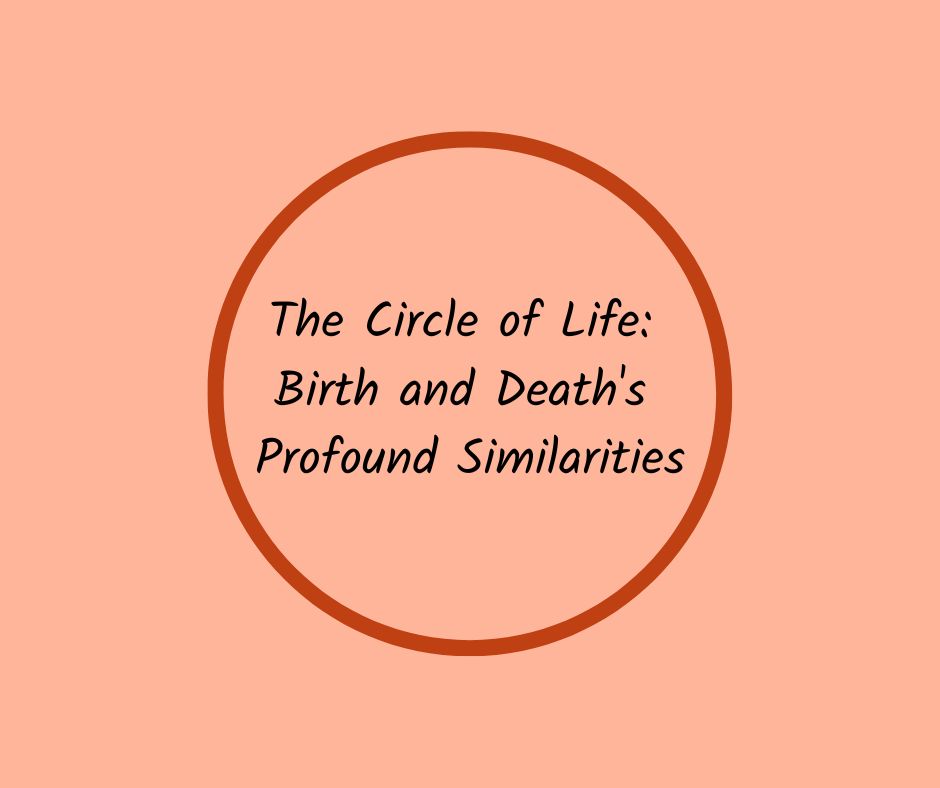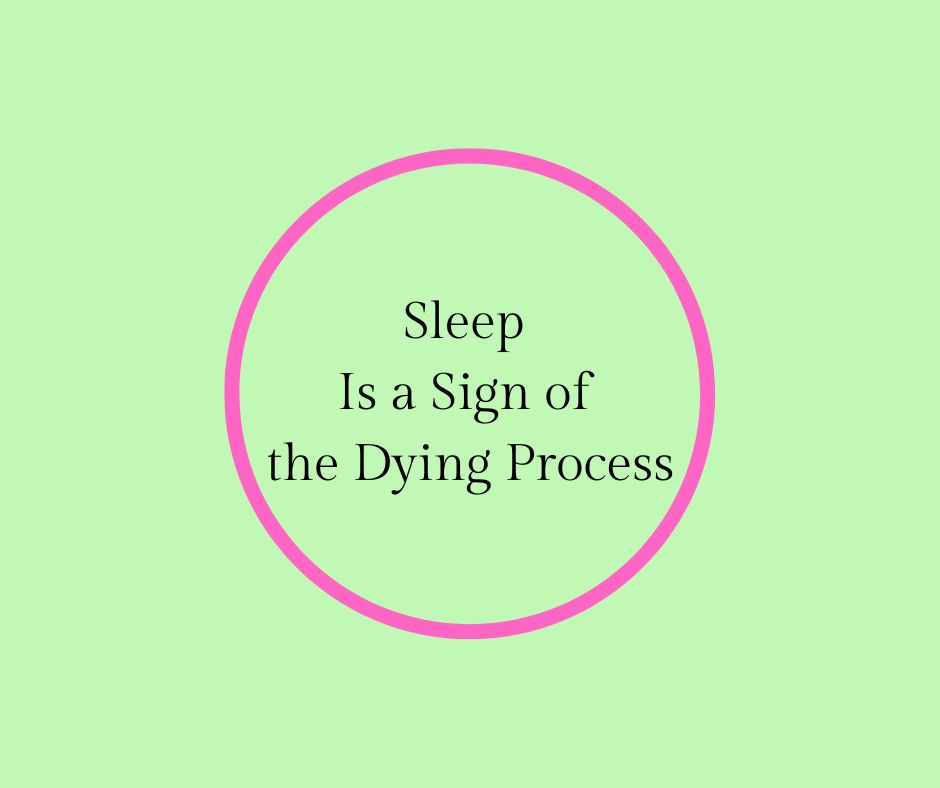“I’m so angry! I’m angry that he is sick. I am angry that I’m angry that he is sick."
"I feel guilty that I’m angry. I'd better not tell anyone how angry I feel. They’ll see what a ‘bad’ person I am. I won’t tell anyone——I’m so depressed.” Anger held inward becomes depression.
The above are thoughts from a caregiver’s inner being. Thoughts probably never shared, just kept inside. AND driving its owner deeper into depression.
The role of caregiver for someone we care about, or even someone we don’t care about, has many challenges. The challenge of just providing physical care, food, laundry, bathing, toiletries, companionship is huge.
Now add the emotional baggage we all carry in our relationships and we have a “perfect storm” for anger.
More and more people are finding themselves in a caregiver role. Not necessarily of their own choosing but out of necessity. Without guidance and support, which many are lacking, the task is generally overwhelming.
Enter anger. The thing about anger is we need some place to put it, a hook for it. That hook is often on others. We certainly don’t want to be angry at our special person who is dying, but we are. We can be angry with ourselves, and we are. “I shouldn’t feel this way. He’s dying.”
Anger is coming out in all areas except from where it originates — life. Everyone dies. The “how” is variable but it happens to all of us and to those in our life. Yet we are angry when our door is knocked on.
What to do when the visitor, anger, arrives? Look for it, recognize it and find ways to dissipate it.
Find a listener. Someone who you feel safe talking with about how you are feeling. How overwhelmed, how tired, how frustrated and yes, how angry you are. Find a safe listener. No answers needed just a good set of ears and a shoulder to cry on. This could be professional or it can be anyone you trust.
Take care of yourself. Eat, sleep, have down and away time. If you can’t get away because there is no one to be with your special person, go into the bathroom, the porch, or any place where you can be alone to cry, talk to yourself, even yell; get the feelings out: the frustration, the anger, the “I can’t keep doing this." Then dry your eyes and begin again.
Writing in a journal often helps. Walking, if you can get away, helps. You want to break the cycle of caregiving for another even if it is for a few minutes. You want to think of yourself, even if it is for a few minutes. You want some me time even if it is for a few minutes.
Anger in caregiving generally comes from a place of frustration, of fear, of sadness, of tiredness. All sorts of feelings with no outlet so they come bursting out.
My husband always says “this too shall pass” BUT when it has passed your special person will be gone and you may be left with guilt for your anger.
Try to make the most of this challenging moment by taking care of yourself as well as the person you are caring for. You want to be able to look back on this time as a sad but fulfilling time, a sacred time.
There is room in this time for anger. It just needs to be identified, dealt with, and channeled in a positive direction.
Something More... about "I'm So Angry That He's Sick!"
Are you caring for a special person who is not fixable? If so, my guidebook, By Your Side, A Guide for Caring for the Dying at Home will support you with the knowledge of what to expect when the dying process begins, what you can do (advanced directive, funeral planning, decision making...). And how to take care of yourself during the journey. My hope is that this tool will educate and support you so that this will ultimately be a sacred experience.
This little bundle will also prove invaluable from diagnosis to grief- the End of Life Guideline Series.








3 comments
Diane
Thanks for the article Barbara. Your honesty and explanations are so helpful. I learned from the comment section too. Sharing is such a gift that I appreciate, thanks
———
BK Books replied:
Thank you, Diane. Blessings! Barbara
Thanks for the article Barbara. Your honesty and explanations are so helpful. I learned from the comment section too. Sharing is such a gift that I appreciate, thanks
———
BK Books replied:
Thank you, Diane. Blessings! Barbara
Audrey Joyce
Anger can be part one of many conflicted feelings that come around death and loss. When my sister was dying and I was her caregiver with hospice’s help, I was at one point more than angry, I was in a melt down rage. I became verbally aggressive with store personnel, doctors and even the dog. I screamed, how can other people go on living and how can the world keep turning when my sister is dying! I drove to an open field, opened the car door and screamed and cried and screamed even more, the kind of scream that came from the deepest part of my gut letting all the pain, fear and anger fly into the wind so much so my throat became raw. If I was totally honest I was also angry that I would need to live without her. Discharging the anger allowed me to honor myself in the situation. I was physically exhausted but quickly understood that for me, when I give care from my human self, I tire. When I give care from my higher, spiritual self I have energy to continue, to recommit to the role at hand. I then regained needed energy to continue. The caregiving came then only from love and the anger dissipated. There is no way to make it okay to lose a loved one, but the caregiver and those who love the dying person can reframe how they decide to walk through the process. I could either succumb to exhaustion and anger, or I could embrace the roll and give myself over to the gift this was…the privilege of walking with her while saying goodbye. It’s not easy, but it only took a moment to make a different choice about how I would walk the rest of her journey for me but equally important, for her.
I don’t know if sharing this is helpful, but it allowed my sister and me to both be angry (the dying person can be angry too), so we could laugh and love the way through to her transition. Discharging the anger in a healthy manner is key. It’s a very normal feeling.
———
BK Books replied:
Hi Audrey. Thank you so much for sharing the special time with your sister and your openness to share the challenges you faced and how you worked through them. Your sharing may help others. Blessings! Barbara
Anger can be part one of many conflicted feelings that come around death and loss. When my sister was dying and I was her caregiver with hospice’s help, I was at one point more than angry, I was in a melt down rage. I became verbally aggressive with store personnel, doctors and even the dog. I screamed, how can other people go on living and how can the world keep turning when my sister is dying! I drove to an open field, opened the car door and screamed and cried and screamed even more, the kind of scream that came from the deepest part of my gut letting all the pain, fear and anger fly into the wind so much so my throat became raw. If I was totally honest I was also angry that I would need to live without her. Discharging the anger allowed me to honor myself in the situation. I was physically exhausted but quickly understood that for me, when I give care from my human self, I tire. When I give care from my higher, spiritual self I have energy to continue, to recommit to the role at hand. I then regained needed energy to continue. The caregiving came then only from love and the anger dissipated. There is no way to make it okay to lose a loved one, but the caregiver and those who love the dying person can reframe how they decide to walk through the process. I could either succumb to exhaustion and anger, or I could embrace the roll and give myself over to the gift this was…the privilege of walking with her while saying goodbye. It’s not easy, but it only took a moment to make a different choice about how I would walk the rest of her journey for me but equally important, for her.
I don’t know if sharing this is helpful, but it allowed my sister and me to both be angry (the dying person can be angry too), so we could laugh and love the way through to her transition. Discharging the anger in a healthy manner is key. It’s a very normal feeling.
———
BK Books replied:
Hi Audrey. Thank you so much for sharing the special time with your sister and your openness to share the challenges you faced and how you worked through them. Your sharing may help others. Blessings! Barbara
Paula Schneider
I tried leaving a comment earlier but was unable to pass the robot test after multiple tries. I don’t know what went awry. My comment was about anger during the mourning process, and of course everyone knows it is normal. A book I read about anger associated with PTSD said that anger and guilt are typically the two main features of grief, but underlying them is profound sadness. This has been my experience since my precious life partner slipped through the veil in January. The sadness is just terrible, and never really leaves completely. I am hoping that time will ameliorate the situation.
———
BK Books replied:
Hi Paula, thank you for sharing with us. You are right, the sadness never goes away. We learn how to live with it. We’ve addressed the cliche we had with the “robot”. Think it works now. Blessings! Barbara
I tried leaving a comment earlier but was unable to pass the robot test after multiple tries. I don’t know what went awry. My comment was about anger during the mourning process, and of course everyone knows it is normal. A book I read about anger associated with PTSD said that anger and guilt are typically the two main features of grief, but underlying them is profound sadness. This has been my experience since my precious life partner slipped through the veil in January. The sadness is just terrible, and never really leaves completely. I am hoping that time will ameliorate the situation.
———
BK Books replied:
Hi Paula, thank you for sharing with us. You are right, the sadness never goes away. We learn how to live with it. We’ve addressed the cliche we had with the “robot”. Think it works now. Blessings! Barbara